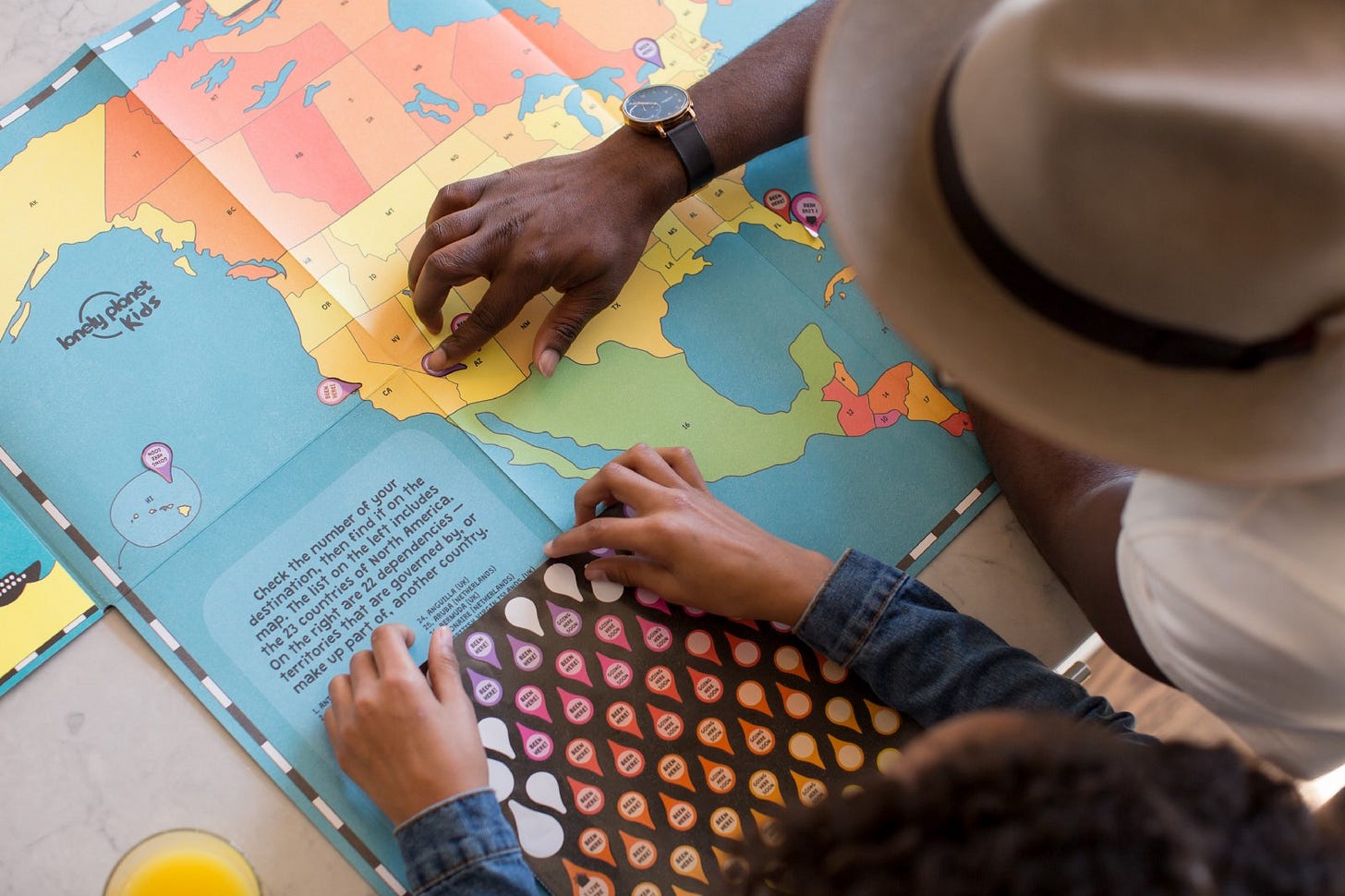#NaNonFicWriMo: Teachers

Photo by Lonely Planet on Unsplash
“I have come to believe that a great teacher is a great artist and that there are as few as there are any other great artists. Teaching might even be the greatest of the arts since the medium is the human mind and spirit.” — John Steinbeck
When you come from a family of educators, you get a behind-the-scenes glimpse at the creativity and determination required to get students to learn. My mom used my siblings and I as dinner time guinea pigs when building her lesson plans. The easiest way to build a strong stomach is talking about burn care over your lasagna.
I’ve been fortunate to have had skilled teachers who’ve important lessons with greater relevance beyond whatever exam I had. My fourth grade teacher Ms. Hampton was a stickler for handwriting and grammar. She piqued my interest in calligraphy and the elegance of the written word. My fifth grade teacher Ms. Brinkley adored aviation, which fueled my early and ongoing travel obsession. I still remember the Bernoulli principle every time I fly. I also discovered the power of a well written research request when the Schomburg Center in New York sent me historical information about Bessie Coleman, the first African American female pilot to earn her pilot’s license, paving the way for Amelia Earhart. My U.S. and world history teacher Mr. Long taught me how history often operates in predictable cycles, helping make sense of a seemingly chaotic world. When I watch today’s news, I feel less shock and more familiarity. The headlines are a reflection of the past becoming present once again.
Both of my psychology college professors who supervised two of my independent studies taught me to trust my interests. After graduating from public high school in Texas, I associated academic achievement with formulaic adherence to tradition rather than creative analysis. Professor Eibach showed me how to operationalize my hypotheses and think through conflicting findings. Professor Purdie-Vaughns demonstrated how to synthesize the rigid academic research world and the messy real world of applied psychology to course correct the failings of human nature and judgment.
But remarkably, one of my most notable lessons came from the most unexpected source. People who close to me know that I did not like grad school. And that’s a gross understatement. After three years of work experience during which I had a great deal of latitude to delve into the drivers of critical problems and put solutions in place to address those issues, I found myself confronted with antiquated, fixed mindset driven systems. To make matters worse, it wasn’t merely the subject matter that was resistant to change, but also the methods of delivering that content. I often told friends in colleagues that grad school expects you to do nothing when the real world expects you to do everything. Being in graduate school was a complete mismatch for my expectation, interests, skills…you name it. If the program had been longer, I would have seriously considered leaving to spare myself the investment of time.
But as luck, chance, misfortune had it, I stayed in the program. I felt the greatest discontent with the required core curriculum, which seemed to have a pathological allergy to modern-day adult learning methods and application. Until I reached the health policy requirement. I know I’ve gone on and on about my science nerd bonafides. But I’ve spoken less about my political science wonkiness. I nearly double majored in both psychology and political science in college. I lived in DC during the Bush years, which made political discussion almost as necessary and ubiquitous as breathing. So I wasn’t scared of health policy, but rather dreaded a horrifyingly boring lecture even worse than my more scientifically driven core courses.
Imagine my surprise when I attended the first few classes. I saw both Chelsea Clinton and Christy Turlington in my class. A fun bonus, but not the source of my shock.
In this large lecture hall in an evening class stood Professor Sparer holding court sans notes or Powerpoint. With nothing more than a piece of chalk, he spoke for three hours about the history of health and health care in the United States. And the room was completely silent and captivated. You may be mystified as to how that situation occurs week after week given the dry subject matter. But he had a way with storytelling and narrative. He would talk about the personal struggles of some of the actors involved or mention their petty idiosyncracies. It was a symphony of the best and worst of humanity, not about the lofty goal of universal healthcare, but ultimately a story of man vs. man.
Before this course, I assumed policy only involved line edits of arcane additions in legalese and not 11th hour emotional appeals. I thought change happened due to appeals to our higher nature rather than first answering the question of “What’s in it for me?” for the players at the negotiating table. Most importantly, I learned that you can change the hearts of even hardened cynics or naysayers like me if you wrap your objectives in a story arc. Too much of activism tries to either browbeat people into different behavior or shout over their objections. Professor Sparer showed me there is nothing more dangerous and nothing more persuasive than a good story to convince people to join your side.
I’m writing an unedited personal essay everyday of November for #NaNonFicWriMo, the non-fiction spin on #NaNoWriMo. You can find daily prompts on my Instagram. Want to join in? The only rules are at least 750 words about the daily prompt and tag #NaNonFicWriMo to share.


